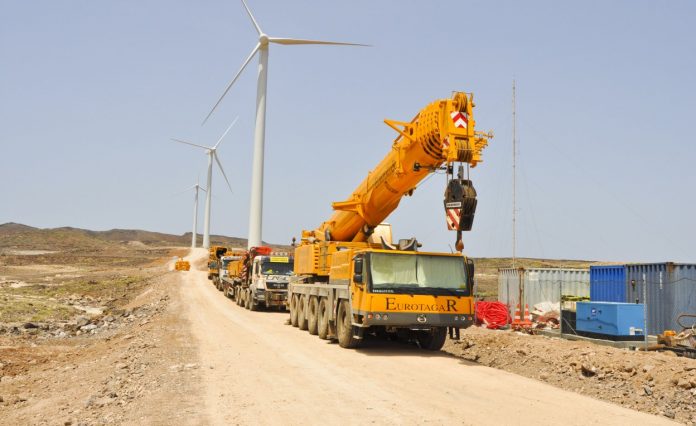By Omawumi Kola Lawal
In a period of rapid advancement worldwide, Africa’s development needs remain huge. Why? Closing the infrastructure deficit in Africa entails recognizing the numerous barriers impeding economic growth and prosperity. Environmental, social and governance factors should not be ignored.
Over the past two decades, the region has expanded core infrastructures, such as telecommunications networks and access to safe potable water, but developmental progress has generally been too limited, with Africa remaining the only world region where there has been a decline in road network density and almost no improvement in per capita electricity-generating capacity. Investment in development infrastructure has also been insufficient: according to recent statistics, Africa has a development financing gap of nearly USD 108 billion and an estimated need for infrastructure investment of between USD 130 billion and USD 170 billion.
Africa’s development gap and relatively slow progress present attractive investment opportunities for developmental projects focused on building intra-regional transport networks, creating power generation solutions, revolutionizing manufacturing and agro-processing, and achieving environmentally responsible natural resources extraction. But the chances of meeting this potential are hampered by fundamental challenges limiting the involvement of potential financiers. To successfully fund infrastructure development projects, financial investors need to identify, understand and overcome these challenges.
Setting up and managing infrastructure development projects is a complex process, requiring interface and coordination between financial, tax, legal and corporate management structures, and specialist advisory services, all of which are often based and managed outside the project country. In addition to the generic challenges associated with funding infrastructure development in Africa, there are environmental, social and governance (ESG) factors, which are further exacerbating the region’s infrastructure gap. In the past decade, a broad understanding has arisen that ESG factors are extremely significant to developmental finance, and financing institutions across the globe are now increasingly cognizant of this. Worldwide calls for the understanding, consideration and embedding of ESG factors into a project financing are also on the increase. The importance of ESG factors is particularly sharp for infrastructure projects in Africa, where countries are not equipped to address ESG issues themselves.
Environmental problems in Africa are both natural and human-induced and currently poorly controlled. They include climate change, deforestation, desertification and erosion, biodiversity loss and pollution. Africans also face social and health problems, including widespread poverty, war, insurgency, rapid population growth, exposure to diseases such as malaria, acute respiratory infections and diarrhoea, and inadequate sanitation and sewage treatment. Environmental and social problems in Africa are further exacerbated by degrading conditions in mining, construction and industrial activities, overuse of pesticides and insecticides, and inadequate environmental, waste and health management practices.



